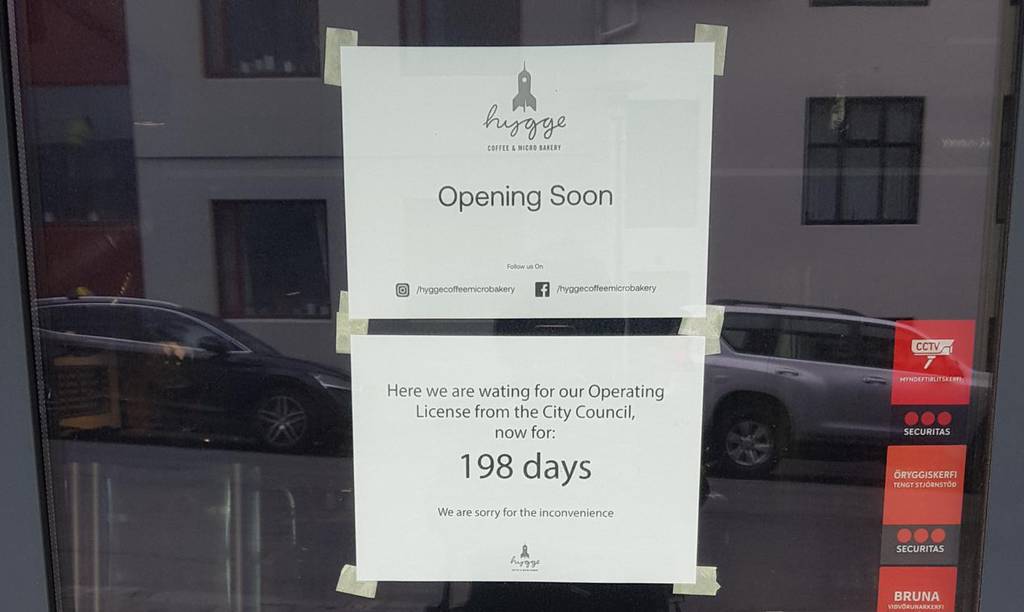Traps: three dangers lurking our literature

In the face of Bulgarian literature, which, I claim, is currently in unprecedented bloom, however, the dangers of which, if surrendered, could be harmed, dried, united. Straight the dear. I count them to three and I will tell them in a timely manner, because I am increasingly observing a bias on this sloping path, which I think does not lead anywhere. Or leads to a hole that is all the same. I build them from the least scary to the worst, which is a true virus, a treacherous virus. Insidious and submissive because it mimic …
The first danger is genre: Participating as a jury in various competitions, I observe that young people tempted by writing are embarking on the creation of works, which is largely influenced by the fantasy wave, or from the criminal bestsellers, from the chiclite gum.
Of course, I am not saying that this is something super bad, nor is it a distress; However, I say that – exposed to the world’s glory of series such as « Song for Fire and Ice », « The Malazan Book of the Dead », the Harry Potter Series or the other for Lisbeth Salander (« Millennium »), « Sex and the City » or « Bridget Jones », and so it is not a moment to get it, at one time. Young authors are confronted with the cruel reality: those who read in Bulgarian are not so many, that is, there is not enough audience for such, above all, and above all, market oriented writing.
Mitko Novkov: This is one of my pleasures in life – buying books
And lovers of this type of literature (especially fantasy maniacs) prefer to read in English and do not notice or – if they notice, turn their Bulgarian imitators with neglect and indulgence. In other words, I am convinced that There will never be (Well, God forbid the future to refute me, but I don’t believe too) Bulgarian author to compete with the over -famous names J. K. Rowling, Stig Larson, George R. R. Martin, Terry Pratchett, Susan Collins …
If their Bulgarian followers in their dreams are seen as them – rich, famous and media ubiquitous, these fantasies – I say this with the greatest sympathy I am capable of – they will never be fulfilled. Which will respectively lead to traumatic frustrations, personal distortions, severe obsessions. And it can make them hate literature forever. And to dump the writing. Even worse, reading.
| But not her, literature, will be guilty in this case for their failure, they will be guilty of them, because they aim where others have long struck the top ten. And so they hit her that there is no place left for new shooters. Helle, if these shooters use such a small bow/language as the Bulgarian. |
The second danger is ethnographic. We can divide it: on the one hand, are the pseudo -native scriptures – some mystical poor and folklore sensitivity through which we present us a past and some views of/about it, more fruit of author mythologists than of a real story. It is particularly important here (we could therefore define this bachelor as « domestic ethnographism ») and every bona fide reader who unfolded the books of Victoria Beshliyska, Maria Lalova, Ivanla Samuilova, Rosemary de Meo, Ina Yasipova (lately they have been bursting and more, and more, and more, and more, and more immediately), and more immediately),
Night is … to be light
All these « threads » and « clay », « rocks » and « solitaires », grandmothers who tell « tales », « calls » of various « farms of the Lord », etc., which in a cheap and superficial way they are clutched under the sign of the united Bulgarian, I define the term « feiklit ». I claim this for your amount of time: as there is fake news, « fakenews » that aim to poison the consciousness of the perceiver (recipient) with fictional dangers and conspiracies, so there is also false literature, « Faikit »the authors of whom – perhaps unconsciously, and perhaps completely deliberately, blur the heads of readers with their fingers sucked in from their fingers about some idyllic past, in which all the knit baskets, knead clay and transmit with the spindle after weaving all day weave the camp.
However, readers – seems hungry and thirsty for such imaginative arcadias, fictional and crushing, absorb them greedily just like some of the Burnout swallows with a handful of sleep pills – may he be able to close his eyes.
| Feylite is just such a literature – it closes your eyes, closes consciousness, closes thinking, and sends you to some settlements in which you wander like a self -made in a white change. Well, maybe Samodiv, though, I have noticed, the audience of such writings is mostly female, and the authors are first and foremost women. To some extent, we can count the late Stoyan Nikolov-Torlaka, but he has failed to enjoy the grand success of his colleagues feikers. |
On the other hand, in this ethnographic line we can see a section, which we will name « Ethnographic-Manic ». In this section of writing/in Bulgarian, a platform is particularly actively manifested, designed precisely for such simple works called « Mailbox for Tales ».
There we find all sorts of down -to -date chalgadzhi things (I will not call them books because I will offend the book) of the « 1 kilo reality », « Lady Gergana » and other similar misunderstandings that are not just aggression, they are a nuclear war against good taste. Honestly, I mention them here only about the exhaustion of the review of the dangers of our literature, otherwise to think that they have something to do with literature is like thinking that the kangaroo jumps have something to do with the Olympic Games. This is not even a fecalit, it’s no liter, a complete absence of literature …
The third danger is psychoanalytic. It is well known for this therapy for people in borderline conditions – to sit down and describe their fears, their worries, their anxieties, their trials, their traumas to get rid of the mental problems that prevent them from living real. The unpleasant thing in the case of Bulgarian literature is that it is unknown for what reasons (or perhaps known: the tastes of publishers, public impasse, personal disorientation), exactly such writings have become almost almost in her visiting card.
Yes, some of them are talented, but – anyway – their first goal is not literature, their first goal is therapy. The beginning of this wave, however, was a book, on which I neither remember the title nor the name of the author (I only remember that the publishing house is ICU, but it also seems to be ashamed of this literary blunder and cleared it from its site).
Reading her infirm scripture, I forged the term « The Cuch Literature ». « Cuch Literature » is a (supposedly) literature that does not care very carefully of the literary qualities of a text – language, plot, relationships, density, etc., it is only important for her to accomplish the therapeutic task. Such books have been inhabited lately a flock – wherever you reach out, you are still falling. The novels of Georgi Gospodinov (the last « gardener and death » are somewhat of the finger in this is indicative), which also use such techniques, to call them melodramatic, but in it they are still mixed with a postmodern irony, which does not allow them to accept them as the most important sign of his writing.
However, in the books I am talking about, the irony is burned like a village barn, only the melodrama and the sentiment are left. The most striking example in this regard is Joanna Elmi’s novel « made of guilt », but others also contribute to the illusion that it is valuable, valuable writing: some of the books of Nevena Metropolitan (especially her second, « gift »), Kamelia Katerina Stoykova with the last confession « Nikomis ». And Rosen Zhelyazkov, who for my book « I refused to die » emphasizes the greatest dignity that there was nothing invented in it (as if it were dignity in literature).
| I find that some young authors are directed to such a writing manner, which hides the risk of our literature to become a basket for mental waste, the dirtier and from the bottom the waste is extracted, the more real, heartbreaking and identical literary the history will be. In this direction, Kamelia Panayotova’s novel « Ane » is a « model ». According to Daria Karapetkova, the brilliant translator of Italian, such books put us on « emotional racketeering ». |
Unfortunately, however, it has set out to expand the belief that it is this « emotional racket » that is the weft of true literature. View completely wrong and totally distorted. This is not the case that emerge from the narrow territory of the couch as « Caravan for ravens » by Emine Sadk or « Summer in Burland » by Momchil Milanov, indicate it unequivocally. This melodramatic line is a street without exit And if the Urbuleshka continues on her as she has taken over, the Bulgarian literature will be transformed into an elementary read for depressed hosts. Sort of like Paolo Quellyu, but not with this planetary success; Sludous ash for provincial use.
Thank God there are enough Bulgarian books that do not follow these dead trends. And they are the good Bulgarian literature, the true Bulgarian literature – alive and interesting. However, where these pernicious attitudes are followed – we are there in the middle of zombies, in literary zombies. In the « Literature of the Living Dead » …
Clarification: The first version of this text was published in Contemporary Magazine, 2/24. However, I believe that the issues he raises are important and other, so I allow myself to offer it with some changes and additions to the readers of the Culture Portal.
The section presents different perspectives, it is not necessarily the expressed opinions that the editorial position of Dnevnik.








